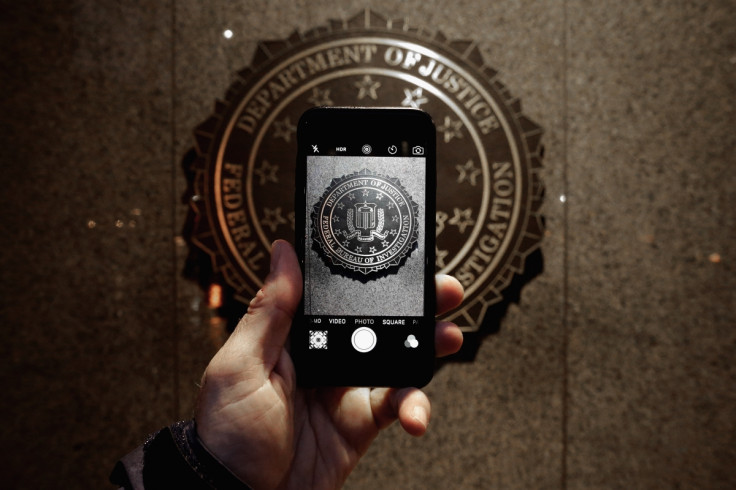Apple vs FBI: Encryption case dropped after San Bernardino shooter's iPhone unlocked

US federal authorities announced on 28 March that they were withdrawing an encryption case against Apple after they successfully unlocked the iPhone belonging to one of the San Bernardino shooters. The Justice Department moved to vacate a California court order requiring Apple to help the FBI unlock the iPhone.
"The government has now successfully accessed the data stored on Farook's iPhone and therefore no longer requires the assistance from Apple Inc mandated by Court's Order Compelling Apple Inc to Assist Agents in Search dated February 16, 2016," the government said in a court filing.
The government's announcement comes just a week after authorities stated a "third party" had come forward to help with the investigation. According to The Los Angeles Times, the FBI has not made clear what it found on the phone or the method it used to defeat or bypass the iPhone's security features.
"Our decision to conclude the litigation was based solely on the fact that, with the recent assistance of a third party, we are now able to unlock that iPhone without compromising any information on the phone," prosecutors announced in a statement.
"We sought an order compelling Apple to help unlock the phone to fulfill a solemn commitment to the victims of the San Bernardino shooting—that we will not rest until we have fully pursued every investigative lead related to the vicious attack," it continued. "Although this step in the investigation is now complete, we will continue to explore every lead, and seek any appropriate legal process, to ensure our investigation collects all of the evidence related to this terrorist attack. The San Bernardino victims deserve nothing less."
The surprise move by the federal government appears to avert — for now — a historic showdown between Apple and the government over privacy and security concerns, The Washington Post noted. The FBI claimed the confiscated phone, which it recovered when Syed Rizwan Farook and his wife Tashfeed Malik were killed in a police shootout following the attacks, could provide crucial insight into the shooting.
Investigators maintain the couple was inspired by the Islamic State (Isis) but are unsure if they had accomplices. The couple reportedly destroyed other phones they owned, while the FBI had been unable to circumvent the passcode needed to unlock the iPhone given to Farook as part of his job with the San Bernardino County.
The phone was protected by a security feature that would permanently destroy the phone's data if 10 consecutive passcode attempts failed. According to The Washington Post, federal authorities will now have to decide whether it will reveal the method used to Apple to comply with a little-known process in which officials must consider disclosing security vulnerabilities they discover. An anonymous federal official told the Post that no decision had been reached on whether to disclose the vulnerability as the investigation was ongoing.
© Copyright IBTimes 2024. All rights reserved.






